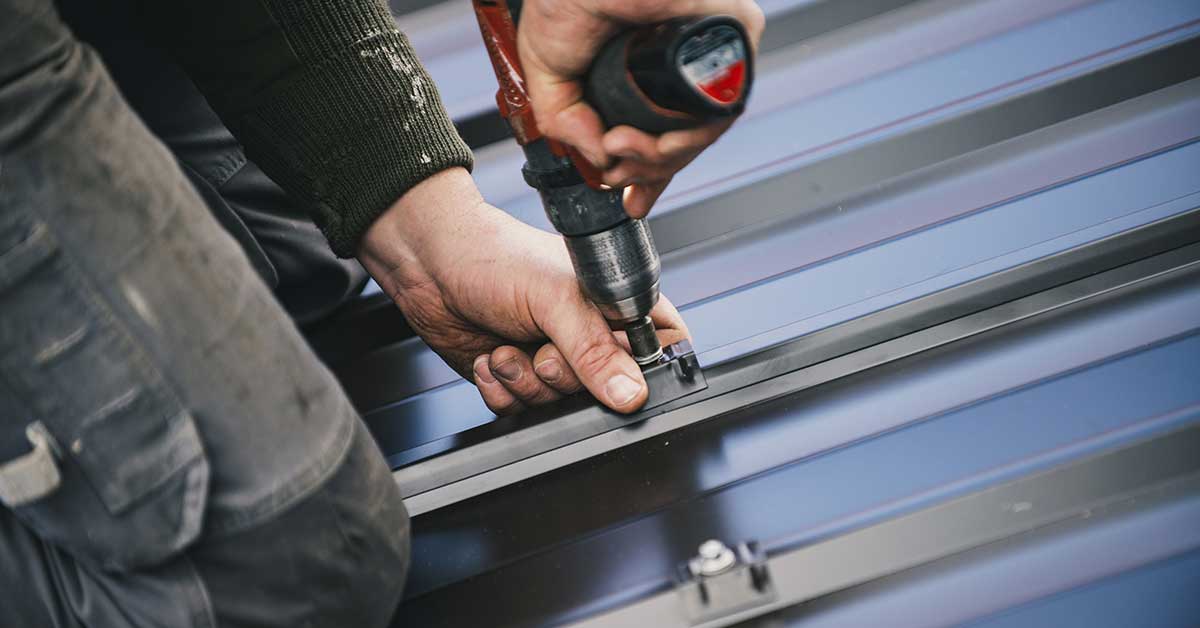
25 May. 22
What is the Most Energy Efficient Roofing Material?
You have determined that it is time to take care of your roof, perhaps go for a replacement. If you are considering the advantages and disadvantages of several roofing materials regarding their energy efficiency, we have got your back. Energy-efficient roofing systems are just as crucial as long-term durability and maintenance. Installing a roof that saves you money in the long term can help make the decision easier. However, what is the most energy efficient roofing material? Let’s look into that question a bit more.
There are many roofing services on the market that generate heat in your attic, increasing your home’s temperature and your energy costs. This is a good time to consider an energy-efficient roof if you find yourself constantly fiddling with your air conditioner during the hot summer months. This style of the roof may potentially save you money on your monthly utility expenses!
What Contributes to the Energy Efficiency of a Roof?
A low-heat-absorbing roof is a highly energy-efficient roof. Your home’s temperature will fluctuate according to the weather outside, depending on how much heat your roof absorbs. On the other hand, if your roof is built to reflect heat away from your house, you can keep the inside cooler. So, consider the materials and colors used in your roof in order to determine which roofing system is ideal for your home.
What is the Most Energy Efficient Roofing Material?
The type of roof that protects your home has a significant impact on its energy efficiency. There are six common roofing materials.
- Slate
- Wood
- Concrete
- Clay
- Metal
- Asphalt
And while most roofs are energy efficient, some roofing designs perform much better than others. The following are the top three most energy-efficient roofs available on the market.
Clay and Concrete Tile Roofs
When properly installed, clay tile roofs conserve energy. The overlapping of the tiles produces channels for airflow and circulation in this roofing style. Apart from the extensive color and style options offered to consumers, this roofing system is highly popular among homeowners in arid parts of the world. However, in the United States, clay and concrete roofing is uncommon.
Metal Roofs
Metal roofing is the most energy-efficient roofing material currently available. Because metal gets heated to the touch, you may initially consider it an inappropriate choice; yet this is precisely what makes it an excellent option. Since metal is highly reflective and emissive, UV rays from the sun are reflected away from the house. Metal roofs are also fire resistant, with an expected lifespan of more than 50 years.
Asphalt Shingle Roofs
There are several types of asphalt shingle roofs that can be used to build an energy-efficient roofing system, but not all asphalt shingles are the same, and the great majority of asphalt shingles on the market today can’t match the energy efficiency of metal roofs due to their lack of reflectivity. When looking for the perfect asphalt shingle roofer, ensure that they use shingles coated with energy-efficient materials.
To speak with a roofing professional about replacing your roof with an energy efficient material, call Chattanooga Roofing today!

